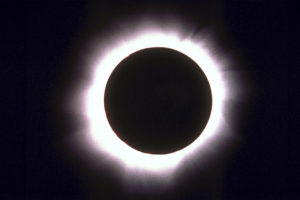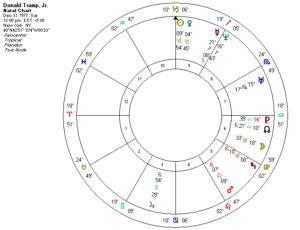Rescued from a Greek shipwreck in 1901, the Antikythera Mechanism is not an astrolabe or armillary sphere. Was it a teaching tool? A demo for a World’s Fair? Is it the planetarium of Archimedes that Cicero wrote about? Alexander Jones’ fascinating book helps us learn more. 
This extraordinary astronomical clock has baffled scholars as it’s unlike anything ever seen before. Some even thought it had fallen off a different boat many years later to combine with the earlier wreckage. Jones does an excellent job of researching the history of the Mechanism and evaluates the conclusions reached by various scholars. It wasn’t until 1971 that the piece had an X-ray analysis, and a CT scan in the 80s provided more information.
The author concludes that the Mechanism may have been made in Rhodes in the first half of the 1st century BCE. Made of bronze and pewter-like alloys, it was about the size of a shoebox with various dials and instructions on the front and back. It included Egyptian and zodiac calendar rings, rising and setting stars, Olympic years, an eclipse predictor, a revolving Moon phase ball and pointers for the Sun and visible planets’ positions. Composed of about 30 gears, it operated with a single turn of the handle.
The Mechanism was probably not accurate enough for an astrological reading, but Jones states that is was a good representation of the Greeks’ understanding at the time and would be relatively accurate for several centuries (it corrected for planetary epicycles). It probably required two people to complete – a designer knowledgeable of astronomy and math along with a craftsman with the mechanical skill to create the interlocking gear actions.
Alexander Jones does a thorough and painstaking job of presenting numerous related topics and filling in the background. He’s a professor at New York University’s Institute for the Study of the Ancient World, and the book is academic-style, exactingly annotated, with a bibliography. I was completely captivated by Jones’ discussion of the gear functions which includes many illustrations. I’ve studied the history of astronomy and astrology, calendrics and the mechanics of eclipses, but many sections were simply too detailed for my taste. It was also difficult to imagine the Mechanism parts at times. Perhaps the book is meant to be a classroom textbook and leaves the reader without the professor at hand.
Some of my basic questions were unanswered. How much would the piece weigh? How difficult was it to turn? Could you lose your place?
The study and analysis of the Antikythera Mechanism has filled in gaps in scholars’ understanding of the Greeks and their technology. And the incredible complexity of the device should remind us that we’re no smarter than those over two millennia ago – we just have different tools. As astrologers we’re extraordinarily lucky to have salvaged our practices; the Mechanism reminds us how easily the past can be forgotten.
Buy at Amazon.com: A Portable Cosmos: Revealing the Antikythera Mechanism, Scientific Wonder of the Ancient World




